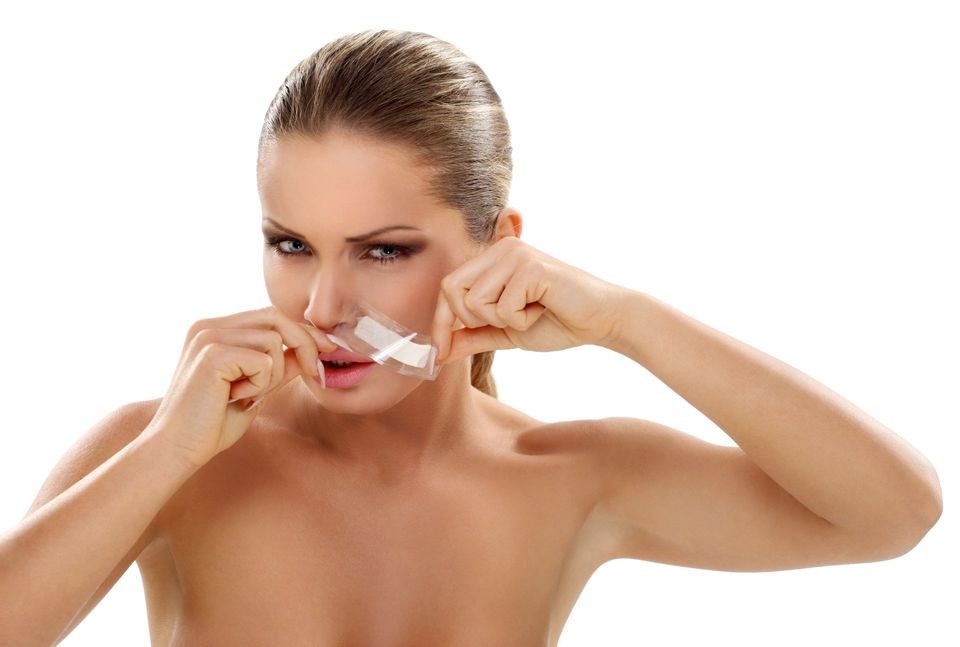How to Stop Unwanted Facial Hair Using Diet & Nutrition
If you suffer from unwanted facial hair, you have probably considered waxing, shaving, threading, electrolysis, or even laser hair removal.
If you suffer from unwanted facial hair, you have probably considered waxing, shaving, threading, electrolysis, or even laser hair removal. Perhaps your doctor has prescribed an Elfornithine cream or an Antiandrogen medication. Although these options are straightforward, getting down to the core of the problem is also recommended.
What Causes Unwanted Facial Hair in women?
Hirsutism is excess hair that grows on a woman’s body or face. Women develop excessive facial hair due to higher levels of androgen and testosterone. Though all women produce androgen, the production levels are typically low. If a woman experiences more elevated levels of testosterone, the changes usually suggest that the hormone standards of the hormones are out of sync. Symptoms of a hormonal imbalance include acne, weight gain, facial hair, hair loss, hot flashes, high blood pressure, headaches, high or low blood sugar levels, bone and muscle weakness, and irregular menstrual cycles. Excessive body or facial hair can also result from certain medications and medical conditions.
Polycystic Ovary Syndrome (PCOS) is a hormonal disorder common among women. PCOS may vary for everyone. Women may have frequent or prolonged menstrual cycles; the ovaries might become enlarged and fail to release eggs regularly, and or higher production of androgen will cause excess facial and body hair, severe acne, and baldness. The exact cause of PCOS is unknown, but early diagnosis and weight loss might reduce the risk of long-term complications.
Why Improper Diet leads to Hormonal Imbalance
The American diet is a significant contributor to hormonal imbalance. High consumption of fast food, processed food, starchy food and, sugar all can lead to hormonal imbalance. The key to balanced hormones and a balanced body is balanced nutrition, regular physical activity, and getting a good night’s rest.
High Insulin:
When you consume high levels of fast food, processed food, starchy food, and sugar, your body must work hard to produce extra insulin to attempt to keep your blood sugar levels balanced. As time pass, excess secretion of insulin causes the body to struggle to regulate blood sugar levels. The effects can lead to slow metabolism, weight gain, diabetes, and metabolic syndrome.
High Cortisol:
Cortisol manages your sleep cycle, blood sugar level, mood, appetite, and energy. Excess production of cortisol can impair the body’s function by releasing higher levels of testosterone and progesterone, weight gain, and low energy levels. Cortisol levels increase when you consume high levels of sugar, starchy food, skip sleep, and bear high amounts of stress.
High Estrogen:
Weight gain can increase the risk of disease in men and women. Belly Fat can raise estrogen levels, which can cause breast cancer in women and prostate cancer in men. High levels of estrogen can put your overall health at risk, slow your metabolism, cause memory loss, depression, and lower the muscle mass.
Foods that Help Balance Hormones:
• Salmon
• Chickpeas
• Leafy Green Vegetables
• Quinoa
• Bananas
• Avocado
• Sweet Potatoes
• Green Tea







